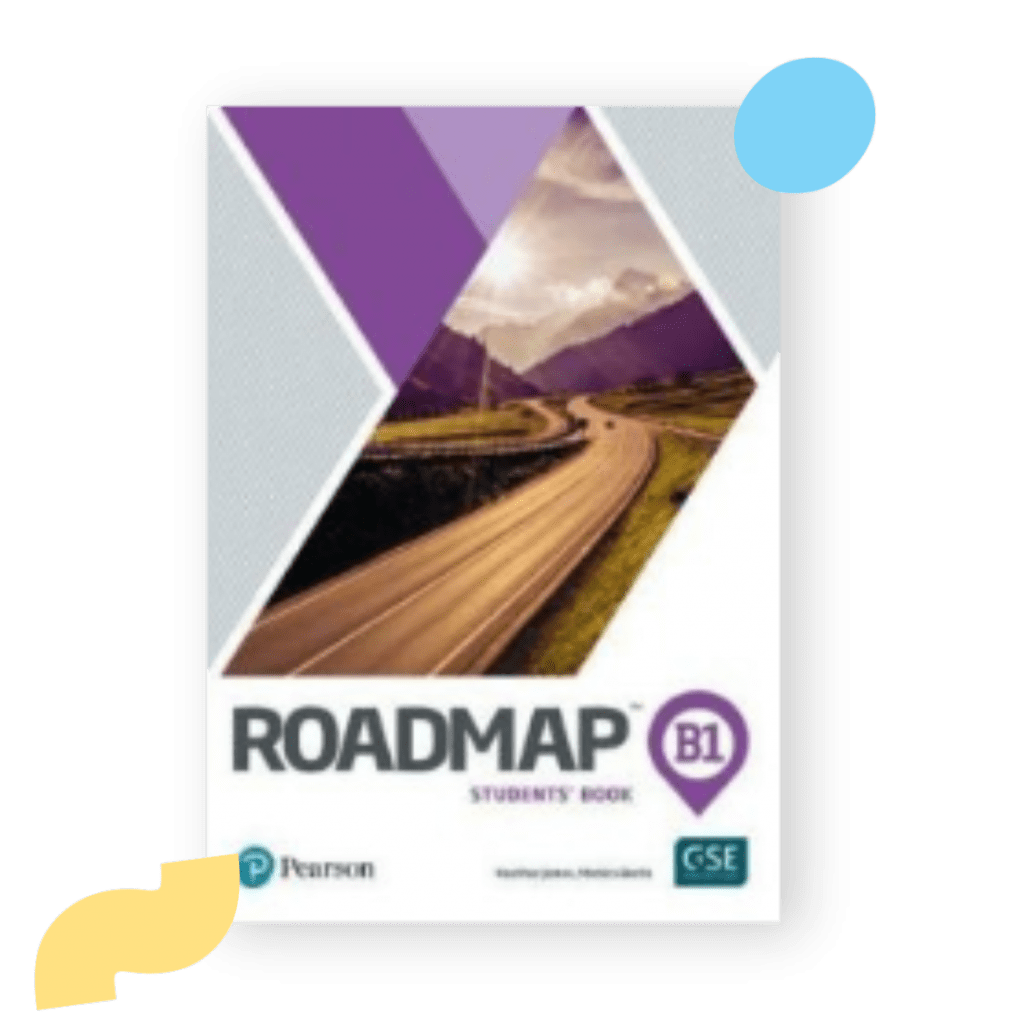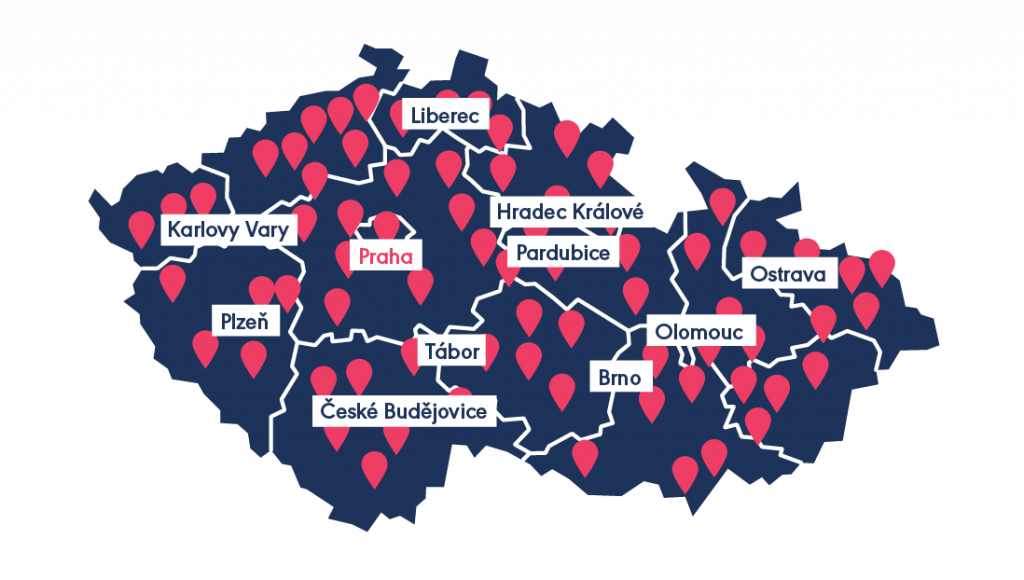B1 - Středně pokročilí

Základní učebnice
Roadmap B1

Rozdělení kurzu
B1-I: U1-3
B1-II: U4-7
B1-III: U8-10

Profil studenta
Student rozumí hlavním myšlenkám mluveného slova, a tématům, se kterými se běžně setkává, umí si poradit ve většině běžných situací, umí částečně popsat i abstraktní situace.

Obsah kurzu B1 - I

Témata
- Personal details
- Getting to know someone
- Describing future plans and arrangements
- Making predictions about the future
- Making and respond to suggestions
- Describing past experiences
- Talking about memories
- Describing a new experience
- Showing interest in a conversation
- Talking about experiences
- Talking about what you’ve been doing recently
- Describing a favourite town, city or neighbourhood
- Asking for, follow and give directions

Slovní zásoba
- Personal details
- Personal characteristics
- Describing change
- Describing feelings/events
- Memories
- Feelings and reactions
- Experiences
- Keeping in touch/Catching up
- Features of a town
- Directions

Gramatika
- Present simple and present continuous
- Be going to and present continuous
- Will for predictions
- Past simple and past continuous
- Used to
- So/Such…that; too….to; not…enough to
- Present perfect and past simple
- Present perfect continuous and present perfect simple
- Articles
Obsah kurzu B1 -II

Témata
- Lifestyles: discussing and comparing
- Expressing preferences about brands
- Types of films – describing the plot of a film
- Asking for and giving opinions
- Describing people – appearance and clothes
- Making guesses about people
- Discussing advantages and disadvantages
- Planning a special occasion
- Giving instructions and asking for information
- Everyday activities
- Discussing hypothetical situations
- Asking for and giving advice
- Environmental issues – planning a campaign
- Making and responding to requests
- Study options
- Talking about life events
- Deciding what to take on a trip
- Asking for information

Slovní zásoba
- Lifestyles
- Products and services
- Types of film
- Clothes and appearance
- Places to live
- Describing food
- Everyday activities
- Describing bad behaviour and crime
- Environmental issues
- Skills and abilities
- Milestones
- Outdoor equipment

Gramatika
- Comparatives
- Superlatives
- Defining relative clauses
- Modal verbs: possibility and deduction
- Zero and First conditional
- Quantifiers
- Second conditional
- Structures for giving advice
- Question tags
- Modal verbs: ability
- Past perfect
- Expressing purpose
Obsah kurzu B1 -III

Témata
- Talking about rules
- Talking about someone’s life
- Describing and recommending places
- Making excuses and apologising
- Discussing and suggesting improvements
- Telling a story
- Agreeing and disagreeing
- Making complaints
- Reporting opinions
- Talking about improving a town/a city
- Reporting the results of a survey
- Asking and answering interview questions

Slovní zásoba
- Multi-word verbs
- Comment adverbs
- Geographical features
- Shopping
- Strong and weak adjectives
- Describing art
- Education
- Suggestions and improvements
- Work activities

Gramatika
- Modal verbs: obligation and necessity
- Passives: present and past
- Non-defining relative clauses
- The passive: all tenses
- Third conditional
- Reported statements
- Verb patterns
- Reported questions






